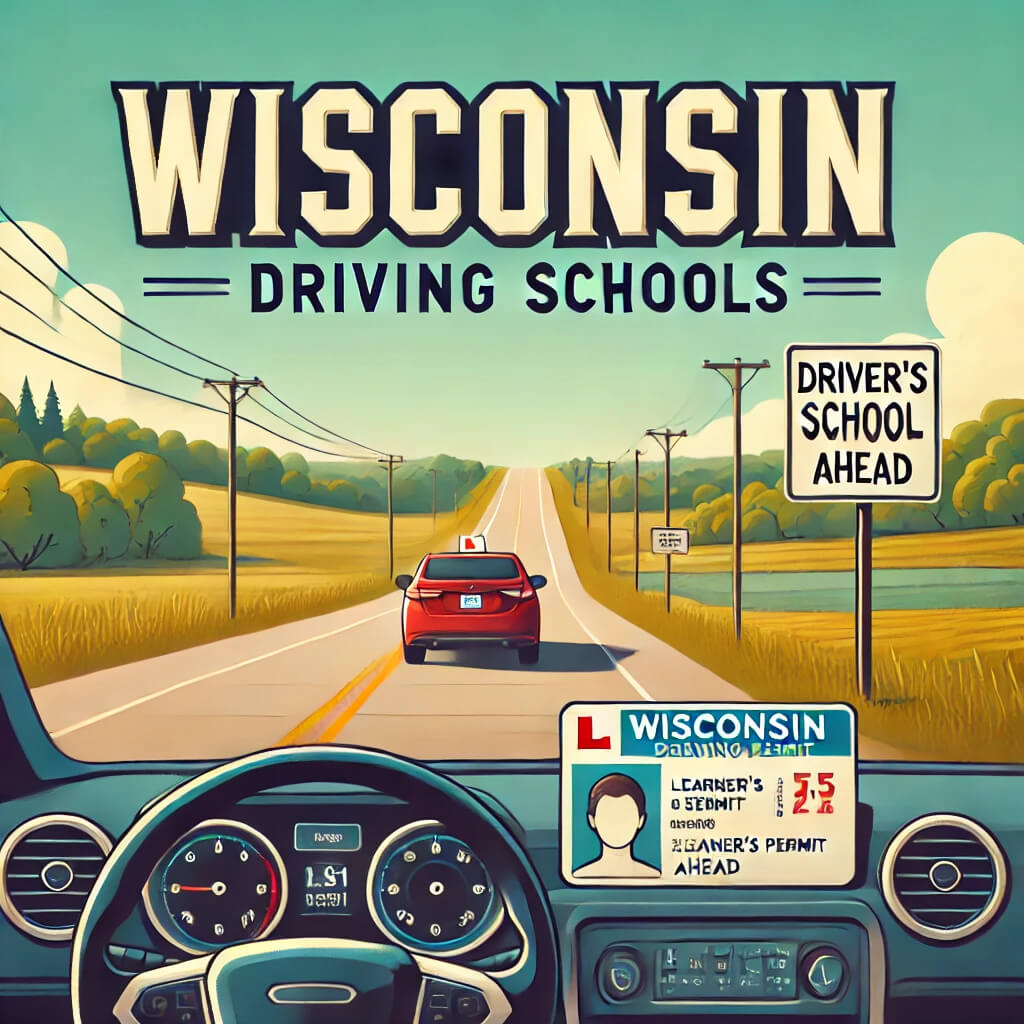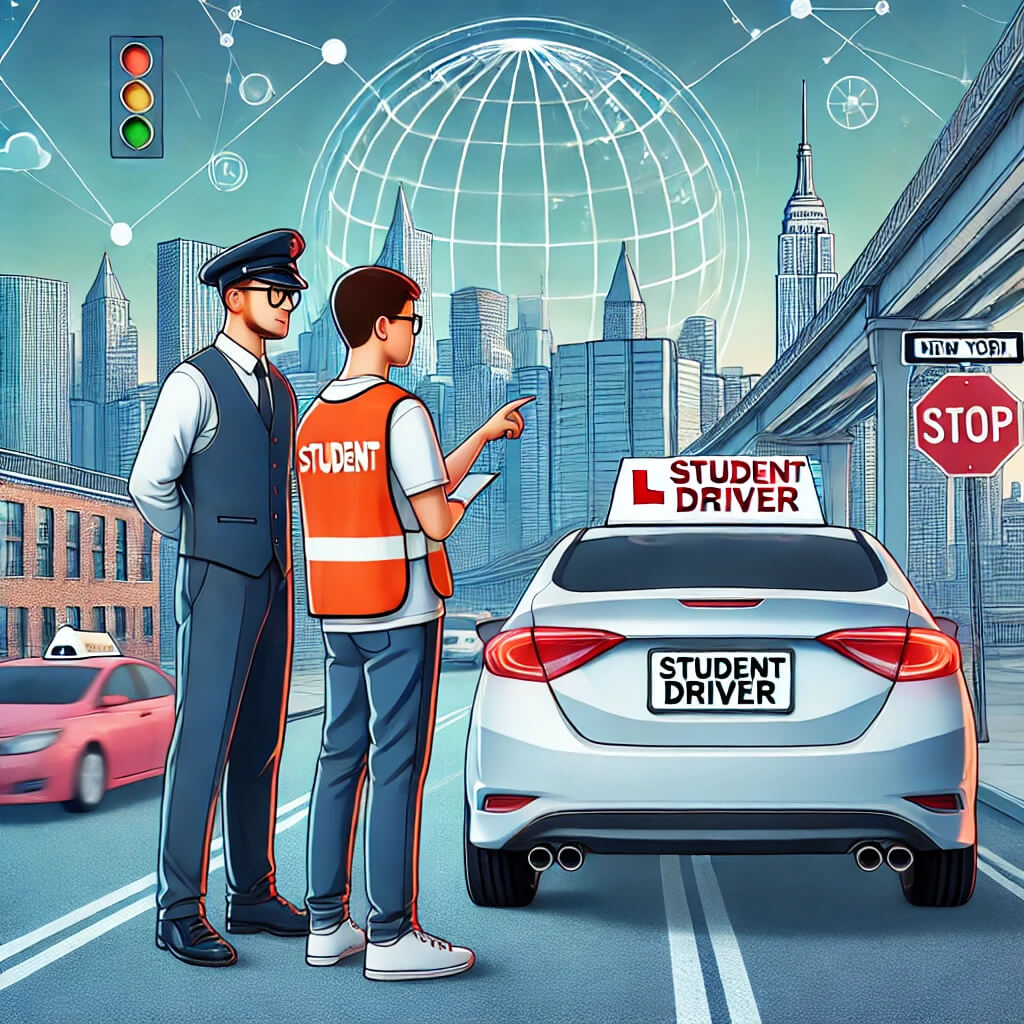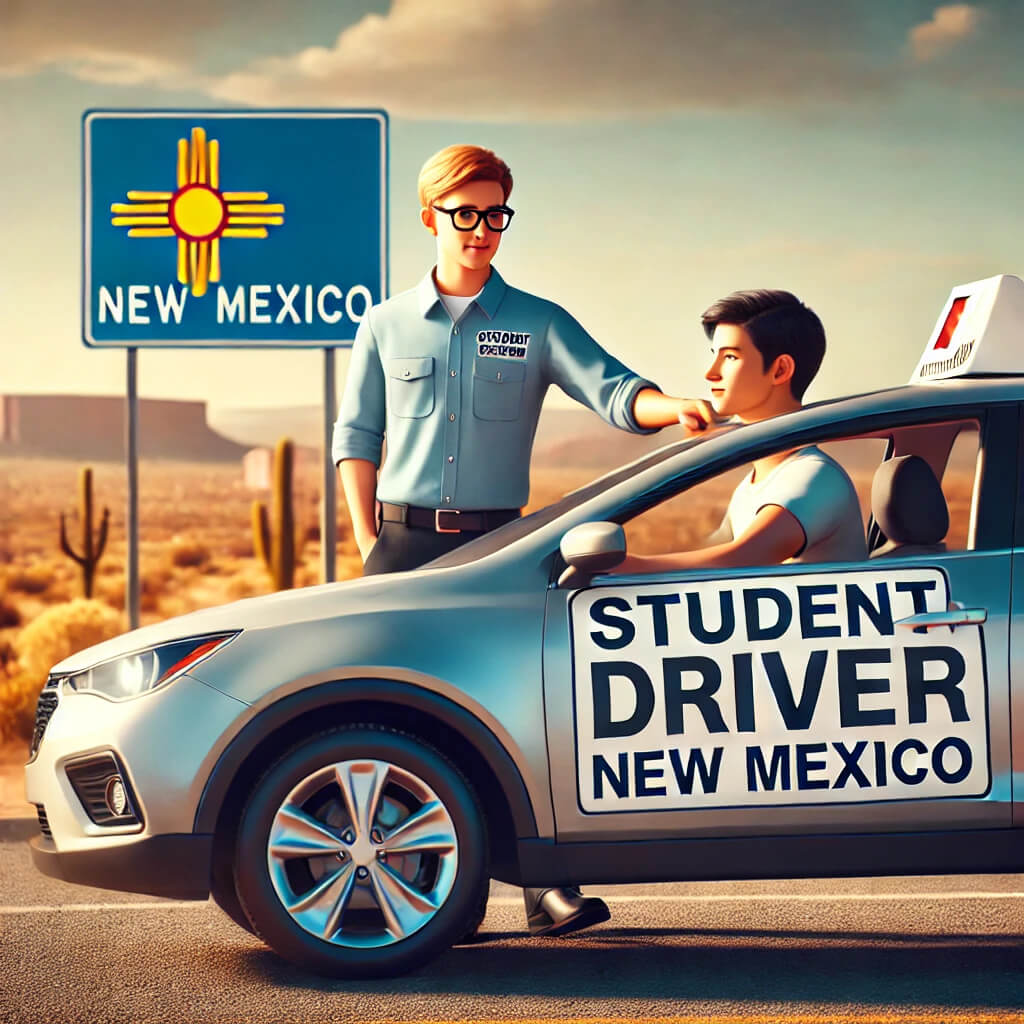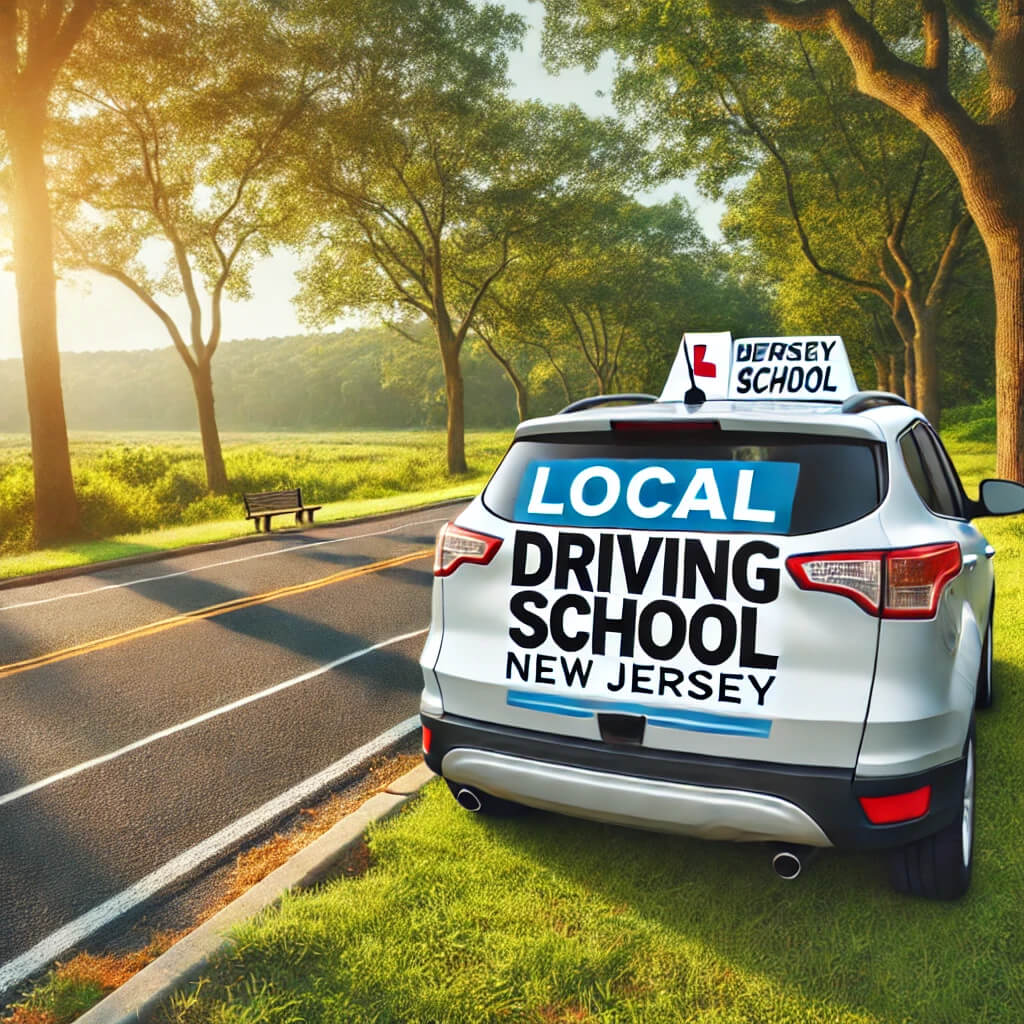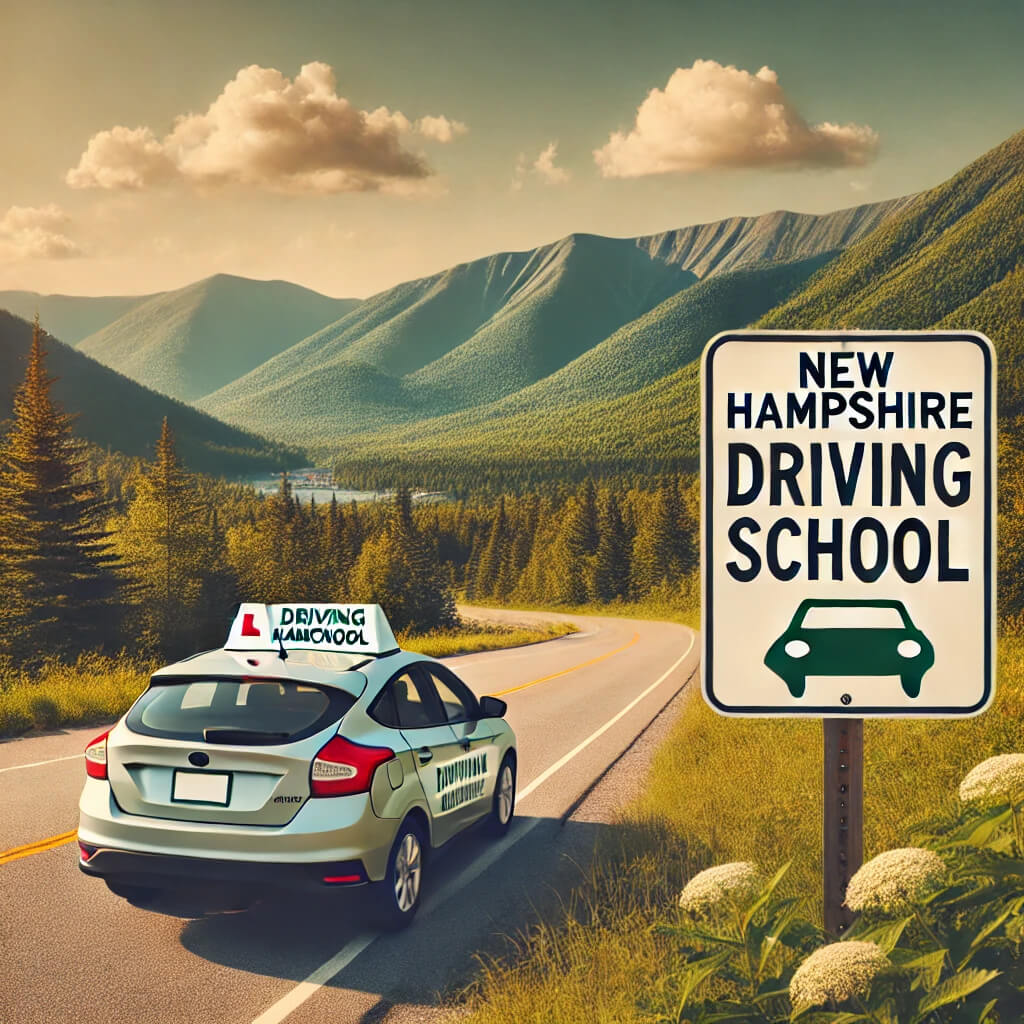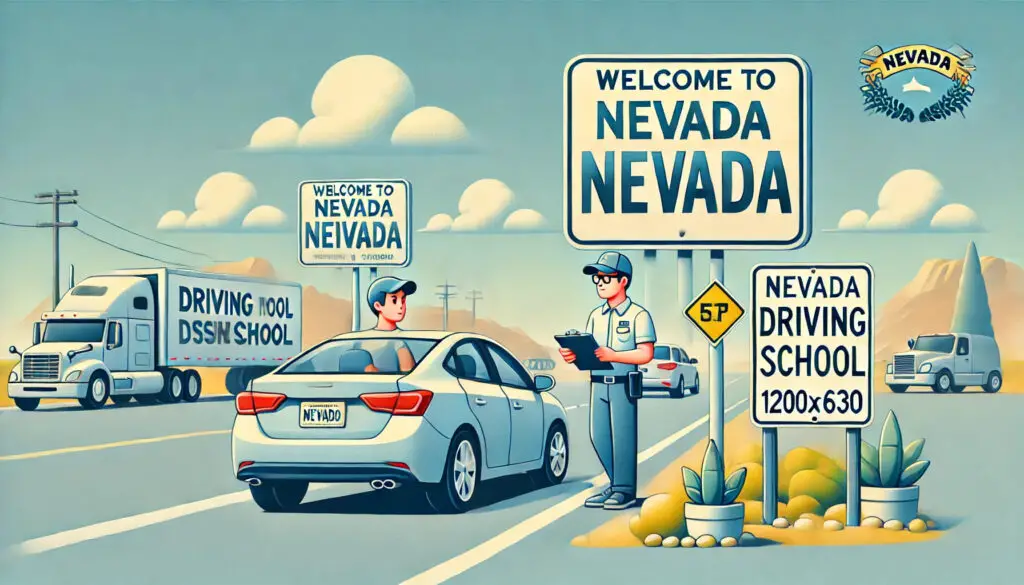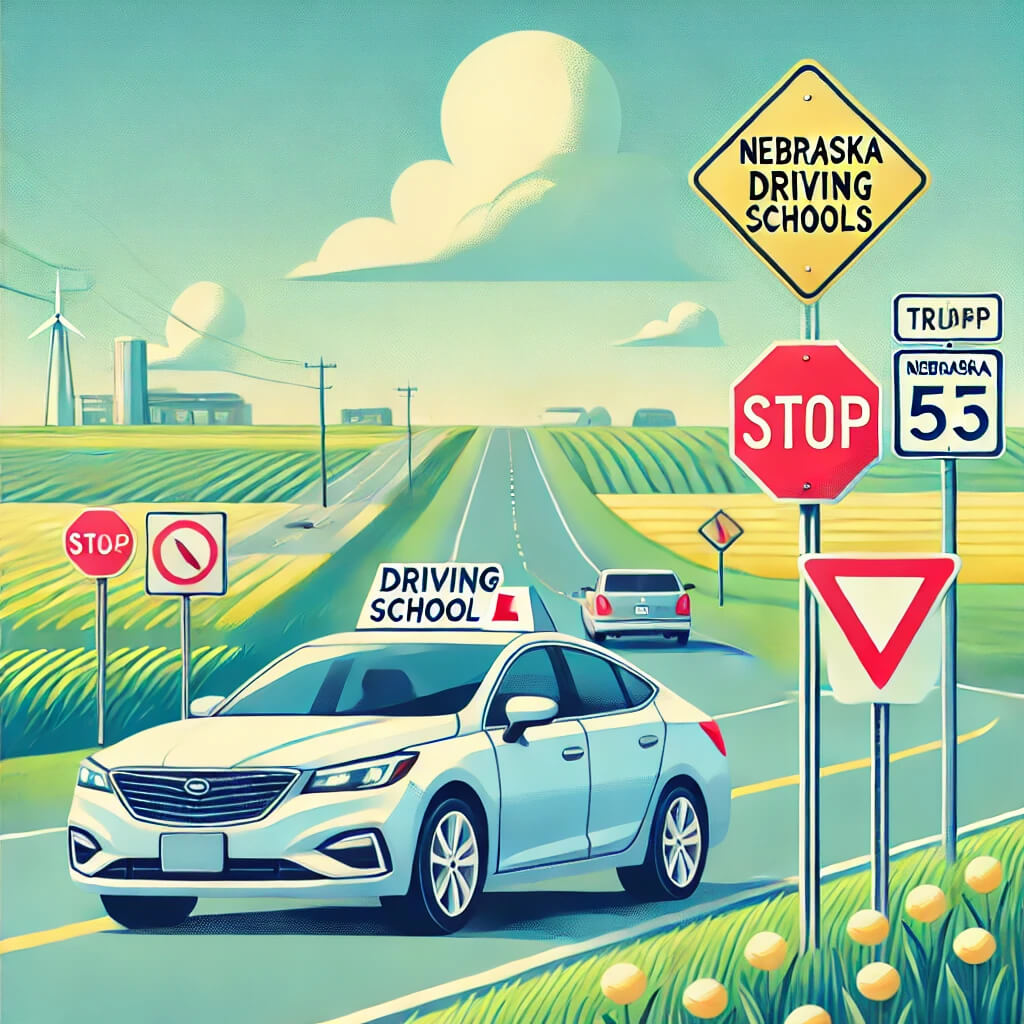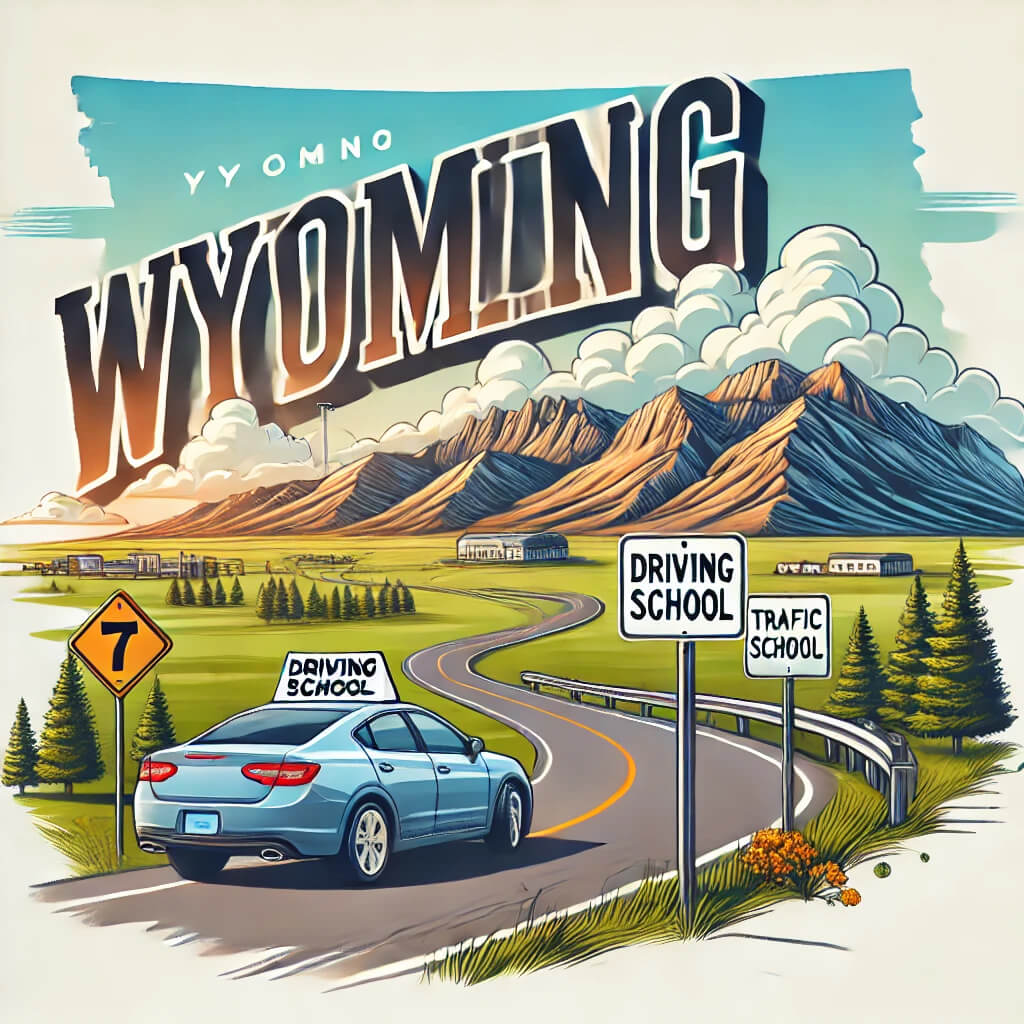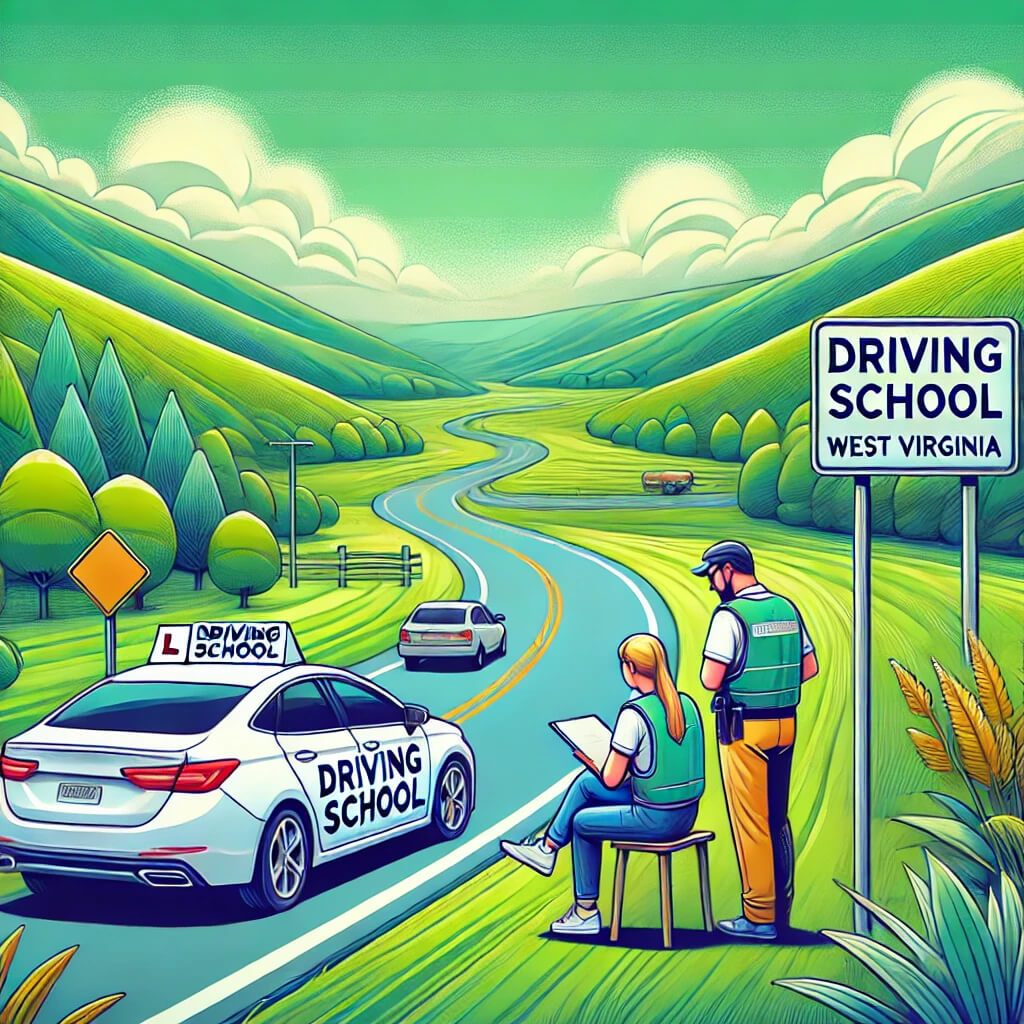Driving is an essential skill that provides independence and convenience, but it comes with significant responsibilities. Choosing the right driving school in Wisconsin is crucial to ensure safety, build confidence, and prepare for real-world driving challenges. In this comprehensive guide, we outline everything you need to know about driving schools in Wisconsin to help you make an informed decision.
Why Choosing the Right Driving School Matters
Importance of Safe Driving Habits
Enrolling in a reputable driving school helps instill safe driving habits, reducing the risk of accidents. Proper training prepares drivers to handle complex situations like heavy traffic, inclement weather, and road emergencies.
Long-Term Benefits of Quality Driver Education
Investing in quality driver education offers long-term benefits, including:
- Lower insurance premiums.
- Reduced likelihood of traffic violations.
- Enhanced confidence and road awareness.
Overview of Driving Schools in Wisconsin
Growth of Driving Schools in the State
Wisconsin has seen a steady rise in driving schools due to increased demand for professional driver training. Many schools cater to specific demographics, ensuring tailored programs for diverse needs.
Licensing Requirements for Driving Schools
Driving schools in Wisconsin must meet strict licensing requirements, including:
- Certification by the Wisconsin Department of Transportation (WisDOT).
- Employment of qualified instructors.
- Use of approved training vehicles.
Types of Driving Schools in Wisconsin
Teen Driving Schools
- Tailored Programs: Designed specifically for teenage first-time drivers, these programs cover essential road safety rules and driving techniques.
- Parental Involvement: Some schools require parents to participate in lessons or provide supervised practice hours to ensure comprehensive training.
Adult Driving Schools
- Beginner Courses: Perfect for adults learning to drive for the first time, focusing on building confidence and foundational skills.
- Refresher Programs: Designed for experienced drivers seeking to update their knowledge or improve specific skills.
Defensive Driving Schools
- Training Benefits: Defensive driving courses teach hazard recognition, collision avoidance, and risk management.
- Insurance Discounts: Many insurance companies offer discounts to graduates of defensive driving programs.
Specialized Driving Schools
- Drivers with Disabilities: These programs provide adaptive training for individuals with physical or cognitive challenges.
- Commercial Driver’s Licenses (CDL): Specialized training for those pursuing careers as professional drivers, such as truck or bus operators.
Understanding Wisconsin Driving Laws
Learner’s Permit Requirements in Wisconsin
- Eligibility Criteria: Applicants must be at least 15 years and 6 months old and pass a written knowledge test.
- Restrictions: Permit holders must drive under the supervision of a licensed adult aged 21 or older.
Graduated Driver Licensing (GDL) Program
- Three-Step Process: Includes a learner’s permit, probationary license, and full license.
- Role of Driving Schools: Many schools assist students through each phase of the GDL process by providing structured lessons and road test preparation.
Driver’s License Tests in Wisconsin
- Written Knowledge Test: Covers traffic laws, road signs, and safe driving practices.
- Road Test Preparation: Driving schools offer specialized lessons focusing on maneuvers such as parallel parking, lane changes, and merging.
How to Choose the Best Driving School
Accreditation and Licensing
- State Approval: Ensure the school is certified by WisDOT.
- Verification: Check the school’s credentials through state directories or online resources.
Instructor Qualifications
- Key Traits: Look for instructors with patience, excellent communication skills, and extensive experience.
- Certifications: Verify that instructors are certified by relevant authorities.
Program Offerings and Flexibility
- Customized Lessons: Choose schools that provide tailored lesson plans for individual needs.
- Class Formats: Opt for schools offering both online and in-person classes.
Student Reviews and Testimonials
- Importance of Reviews: Online reviews provide insights into the school’s reputation and quality.
- Reliable Sources: Check platforms like Google Reviews and Yelp for authentic feedback.
Costs and Financial Considerations
Average Cost of Driving Lessons in Wisconsin
- Pricing Structure: The average cost of lessons ranges from $300 to $800, depending on the school and program type.
- Inclusions: Costs typically cover classroom instruction, behind-the-wheel training, and learning materials.
Financial Assistance and Discounts
- Scholarships and Subsidies: Some schools offer financial aid for eligible students.
- Bundle Discounts: Look for discounts when combining classroom and behind-the-wheel training.
Benefits of Enrolling in a Driving School
Confidence and Skill Development
Driving schools provide structured environments to:
- Overcome fear and anxiety behind the wheel.
- Gain essential supervised driving experience.
Insurance Benefits
- Graduates often qualify for lower insurance premiums.
- Many schools partner with insurance companies for exclusive discounts.
Preparation for Real-World Driving
- Learn to navigate challenging road conditions.
- Develop a deep understanding of road signs and traffic laws.
Frequently Asked Questions (FAQs)
- What is the minimum age to start driving in Wisconsin?
- The minimum age is 15 years and 6 months with a learner’s permit.
- How many hours of behind-the-wheel training are required?
- Teens must complete 30 hours of classroom instruction and 6 hours of behind-the-wheel training.
- Can I take driving lessons if I already have a license but lack confidence?
- Yes, many schools offer refresher courses for licensed drivers.
- Are online driving courses accepted in Wisconsin?
- Online courses are accepted for classroom instruction but must be combined with in-person driving practice.
- How do I schedule a road test after completing driving school?
- Road tests can be scheduled through the WisDOT website or at local DMV offices.
Conclusion
The Road to Safe Driving Starts Here
Choosing the right driving school is the first step towards becoming a skilled and responsible driver. By investing in quality driver education, you ensure your safety and that of others on the road.
Call to Action
Find a Wisconsin Driving School Near You Today! Start your journey by exploring state-approved driving schools. Visit WisDOT’s official website for a comprehensive directory and additional resources.

